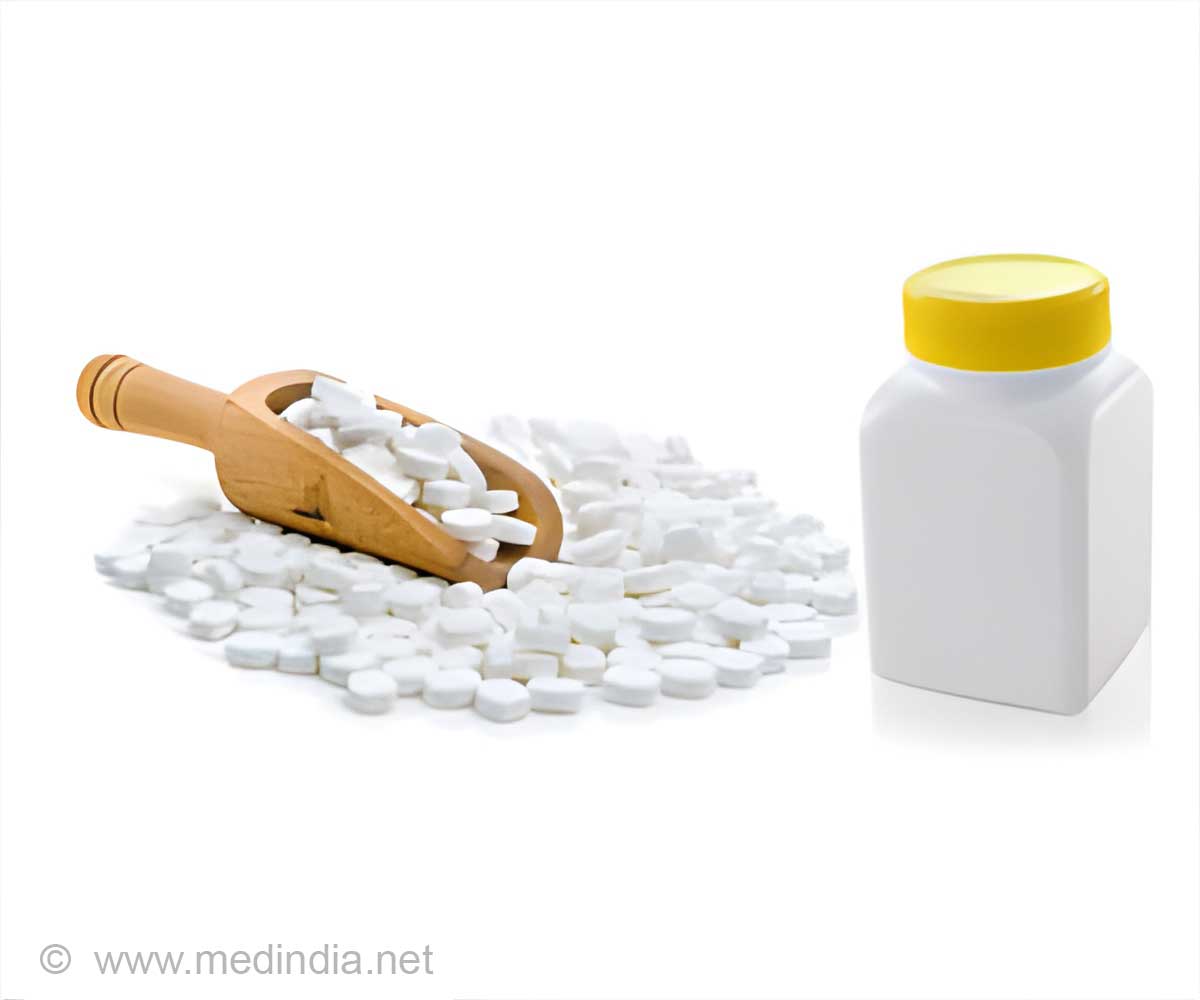The artesunate – mefloquine combination appears to be a good alternative to artemether – lumefantrine as anti-malaria drugs in African children.

- Falciparum malaria is an important cause of death in African children
- Combination of anti-malarial drugs is advised instead of only one drug to prevent resistance
- The combination of artesunate and mefloquine appears to be a good option and is comparable to the artemether-lumefantrine combination commonly used in Africa.
Chloroquine, a drug that was frequently used to treat malaria has become ineffective in several places. Even the newer artemisinin compounds like dihydroartemisinin, artesunate and artemether are susceptible to the problem of resistance. Therefore, antimalarial medications are used in combination to salvage the effectiveness of these drugs. An artemisinin compound is often used along with another antimalarial drug. The artemisinin compound tackles the parasite in the immediate period, while the second anti-malarial drug provides a sustained effect over the next few days.
The combination of artemether-lumefantrine, also called co-artemether, is commonly used. Another combination that is approved by the WHO is artesunate-mefloquine. Besides these, other artemisinin based combinations approved by the WHO include artesunate and amodiaquine, dihydroartemisinin and piperaquine, and artesunate and sulfadoxine – pyrimethamine.
Researchers Sodiomon Sirima et al compared the efficacy and safety of the artesunate–mefloquine combination to that of artemether–lumefantrine in 944 children with uncomplicated P falciparum malaria in the African countries of Tanzania, Burkina Faso and Kenya. The children were younger than 5 years of age and weighed 5 kg or more. The artesunate-mefloquine tablet contained 25 mg artesunate and 55 mg mefloquine hydrochloride and was given to 407 children once a day. The artemether–lumefantrine tablet consisting of 20 mg artemether and 120 mg lumefantrine was given to the same number of children twice a day. The children received either one or two tablets depending on their age.
Treatment with both the combinations were administered for three consecutive days. The children were monitored for 63 days taking into consideration the long duration of action of mefloquine. Children who showed recurrence during follow up were switched on to a different medication and were followed up for another 63 days. The number of children who completed the study was 204 in the artesunate-mefloquine group and 202 in the artemether–lumefantrine group.
The researchers found that the efficacy of the combinations was similar from the following observations:
- An adequate response in terms of clinical and parasitological outcome was achieved in 90·9% children in the artesunate–mefloquine group and 89·7% in the artemether–lumefantrine group by day 63 of the study.
- There were two early treatment failures in the artesunate–mefloquine group, and a similar number of late failures in the two groups.
- There were 15 cases of recrudescence in the artesunate–mefloquine group and 17 cases in the artemether–lumefantrine group. Recrudescence refers to infection by the same malarial parasites that were in the inactive phase during the treatment.
- There were 43.8% cases of reinfection in the artesunate–mefloquine group versus 38.8% in the artemether–lumefantrine group.
- None of the patients in either group showed the presence of the malarial parasite in the blood at 72 hours following treatment.
- Thick blood smears did not reveal the presence of gametocytes on days 28, 42, and 63 in either group. Gametocytes play a role in the transmission of malaria.
- The time taken to reduce fever was similar in the two groups. The number of patients that continued to have fever 72 hours following treatment was also similar in the two groups (4.8% versus 5.4%)
- Side effects like vomiting, anemia and infection were similar in the two groups.
References:
- Eziefula AC. Artesunate–mefloquine: a malaria treatment for African children? The Lancet Infectious Diseases DOI: http://dx.doi.org/10.1016/S1473-3099(16)30125-6
- Sirima, SB, Ogutu, B, Lusingu, JP et al. Comparison of artesunate–mefloquine and artemether–lumefantrine fixed-dose combinations for treatment of uncomplicated Plasmodium falciparum malaria in children younger than 5 years in sub-Saharan Africa: a randomised, multicentre, phase 4 trial. Lancet Infect Dis. 2016; (published online July 15.) http://dx.doi.org/10.1016/S1473-3099(16)30020-2.













